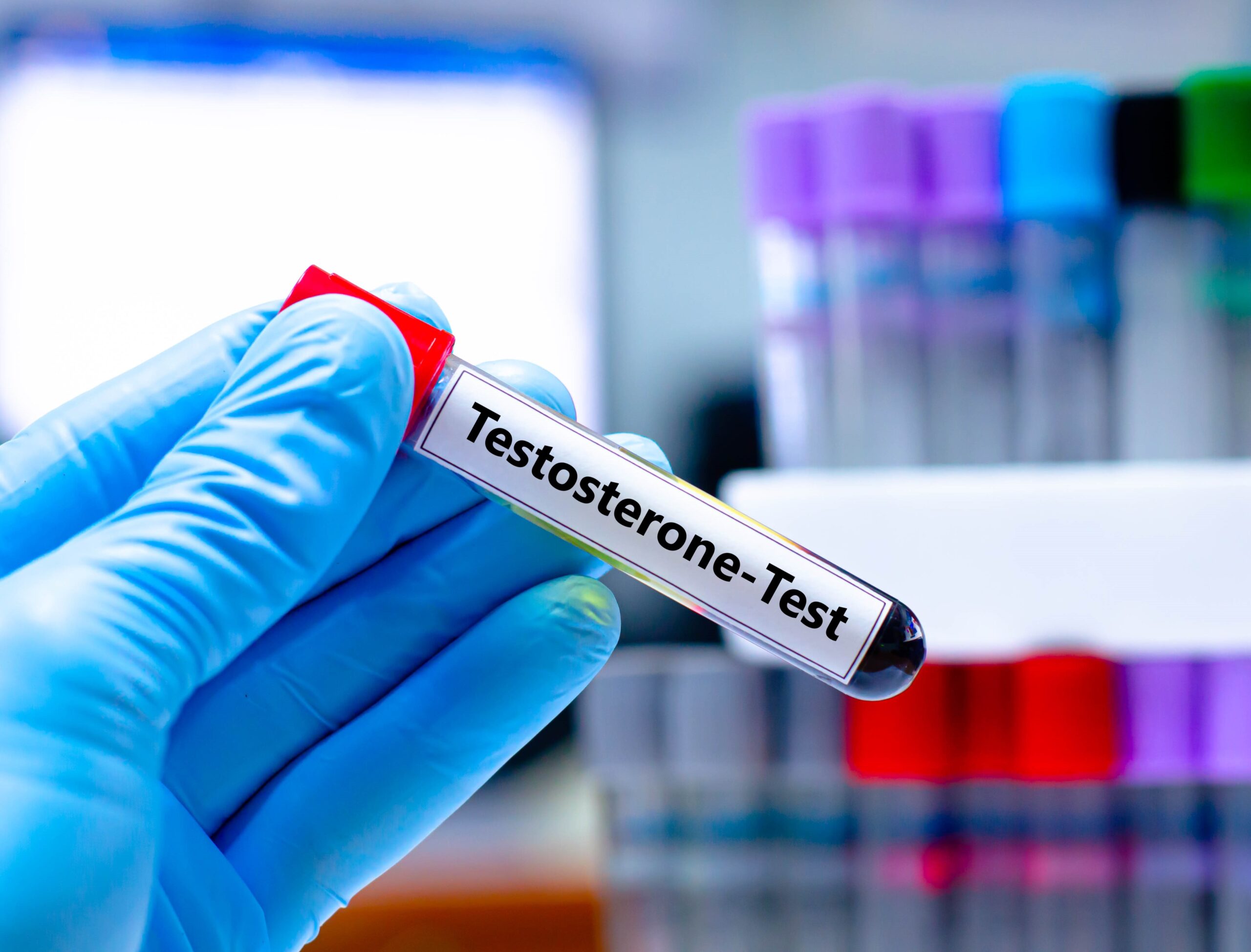
Health News
Features
-
Pop Quiz! Low T or Just Low Key: Do You Know Your Testosterone Level?
There’s no denying that slowing down is a natural part of getting older. Our energy levels drop, we’re not as strong as we used to be, and sexual interest decreases. However, for some—men especially—that slowing down can be a result of low testosterone. While testosterone is found in both sexes, testosterone levels are much higher…
-
Get a Grip on Headaches and Migraines Before They Disrupt Your Life
by RYAN MILEJCZAK Sponsored by Central Florida Health Care Few things can derail your day like a headache. And for those who suffer from migraines, it’s more than just pain. It’s a full-body assault: throbbing, nausea, light sensitivity, and disruption that can last hours or even days. We often call life’s minor annoyances “headaches,” but…
-
Prostate Cancer a Threat to Younger Men, Too
BayCare’s Dr. Kenneth Essig Provides Insight About Prostate Cancer Diagnoses at Earlier Ages by REBEKAH PIERCE Think prostate cancer is just an “old man’s disease”? Think again. According to the American Cancer Society, prostate cancer is one of the most common cancers in men. About 1 in every 8 men will be diagnosed with it…
Columns
-
Healthy Cook: Culinary tips for the caregiver turned chef
There is no denying that our taste buds age with the rest of us. They get tired, just like our knees and hips. Doctors can replace some worn-out parts, but have you ever heard of a taste bud implant? One of the burger chains uses a slogan something like, “You Gotta Eat.” Well, it’s true. …
-
Word of Mouth: Myths about implants debunked, part II: Are they effective?
Working like your own teeth, dental implants are imbedded in your jaw bone; they offer a superior option over bridges and dentures. Implants look and feel like your natural teeth, but you may worry that they won’t be effective long-term. Look to the facts when considering the effectiveness of implants. Myth: Dental Implants are too…
-
Ask a Nurse: Alzheimer’s is Type 3 Diabetes!
In 1906, a German neuropathologist Dr. Alois Alzheimer first identified what is now considered Alzheimer’s Disease (AD). He was caring for a middle-aged woman suffering from memory loss and disorientation. Just a short five years later, the woman passed away after enduring the torment of hallucinations and symptoms of dementia. Currently “the presence of neurofibrillary…





